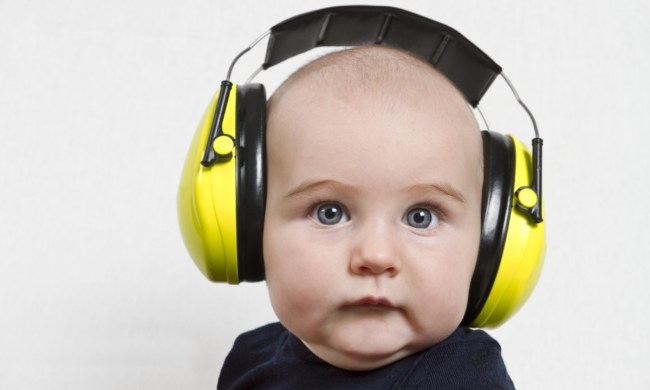
Kids inherently know just what to do to drive their parents crazy, and none more so than a toddler. One thing these tiny rebels do to make you question living in your own home is throwing anything they get their hands on. When babies are first born, they often can’t even figure out how to let go of an object in their hand, but toddlers don’t know their own strength, and these baby Hulks love to watch items go the distance.
Throwing is easily one of the most maddening things toddlers do because it’s destructive and dangerous. What’s a parent to do? We’ll help you figure out why toddlers throw things and how to get them to stop.
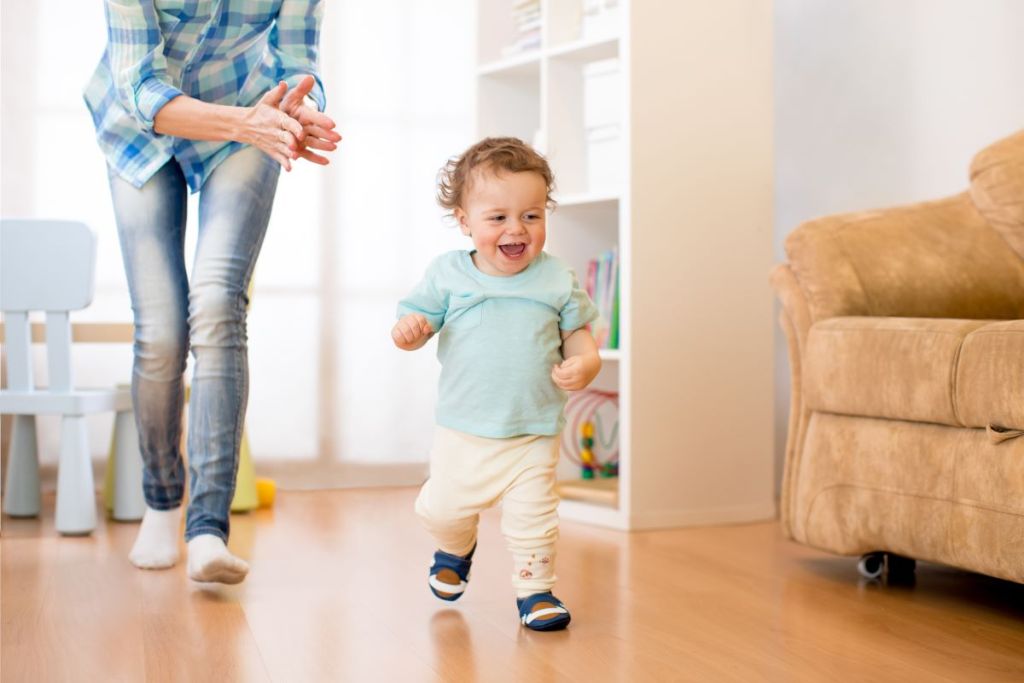
Why toddlers throw things in such a dramatic way
One reason toddlers are so keen on throwing is to learn about the world. Rules of physics that seem extremely obvious to adults — the existence of gravity, for instance, or the fact that a ball will fall faster than a feather if you drop them both — aren’t something we’re born knowing. Young children throw objects in part to learn about their environment and to observe what happens. Toddlers are basically little scientists who need to test hypotheses all day long to learn about how their world works.
In addition to learning about the rules of the physical world, toddlers are extremely curious about what rules the adults in their lives have set. What’s more important (and fun) for them is to see how we will react when they disobey those rules. If their parent has told them not to throw food off their highchair, toddlers can’t help but wonder … what happens if I do?
Throwing is an exciting activity for them. The object makes a big crash and parents make a big jump. That combination is irresistible to a toddler, who is often excited to learn that it’s in their power to make a big sound and get a big reaction out of their parent. Adults are just caught in the crossfire.
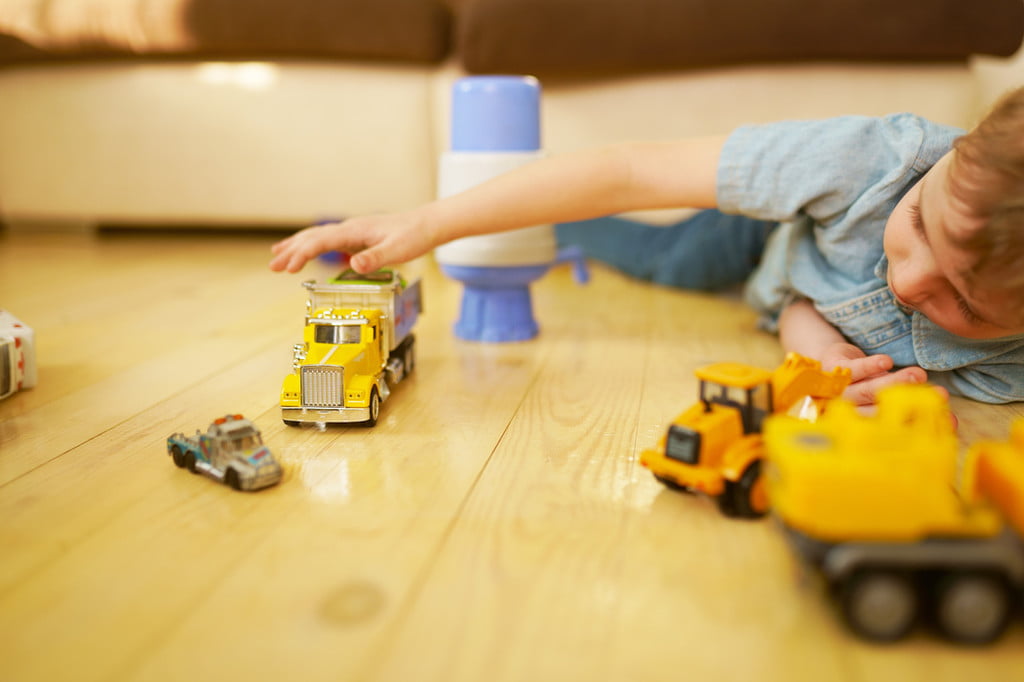
How parents should react to teach consequences constructively
- Remain calm.
- Do not yell at the child.
- Give them options so they feel in control.
- Don’t let them smell your fear.
As much as possible, parents should try to avoid having a strong reaction to a child who throws things. Remaining calm is crucial to get your child to see that they won’t get a big reaction. Simone Davies, a Montessori educator who wrote the books The Montessori Toddler and The Montessori Baby, suggests parents avoid having an over-the-top reaction and instead look for logical consequences for throwing.
In The Montessori Toddler, Davies writes, “Let’s say they are throwing the ball inside, and we have to ask them to stop. A logical consequence would be for us to put the ball away and let our child try again later.”
She also suggests parents provide lots of opportunities for children to practice the skill in a safe environment (for instance, outside, and away from breakable objects). Parents should calmly offer alternatives for children who are fixated on throwing an object they shouldn’t. If a child is gearing up to send a large toy sailing across the room, say: “I can’t let you throw that inside, but you can throw these little bean bags.”
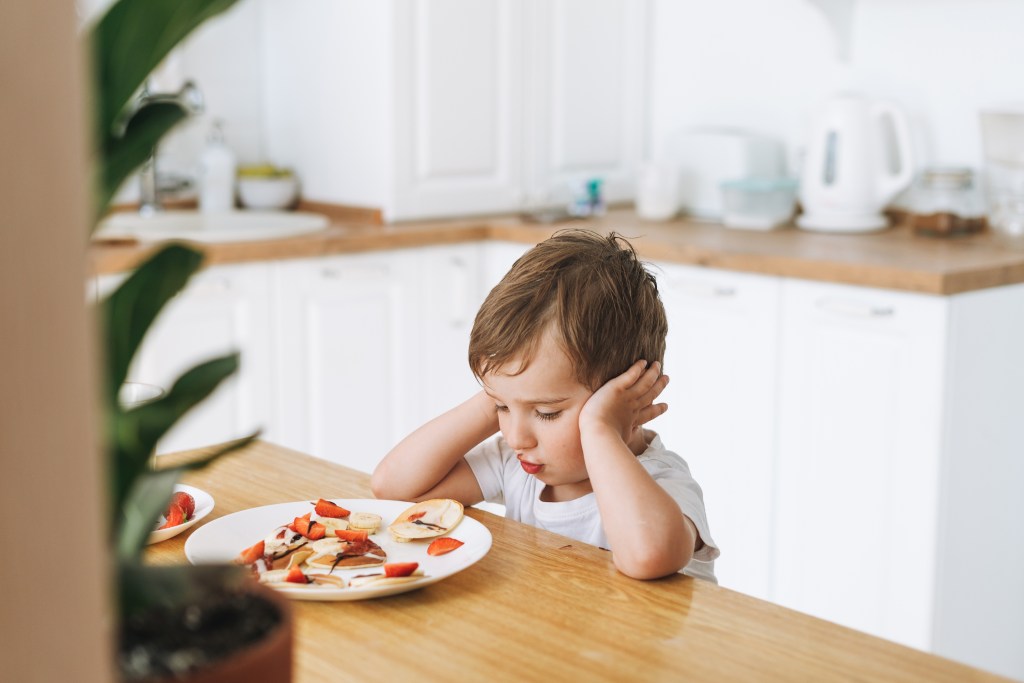
What to do if your toddler is throwing food and disrupting mealtime
- Find out the reason behind the throw to curb it from happening again.
- Offer ways for your child to communicate so they don’t resort to throwing.
- Be reasonable with how long a toddler will sit for.
Many parents look forward to when their child starts to sit at the table to eat their food. But soon after your little one starts sitting in a highchair, they discover the joy of flinging your carefully prepared sweet potatoes off the tray and right onto the floor. And if you don’t have a dog to help with cleanup, this isn’t ideal.
If your child is a picky eater and throws a food you’ve offered in order to get it out of sight, offer a small napkin or sectioned-off area of their highchair to place food they don’t want to eat. If your kiddo doesn’t speak yet and is throwing food as a way to communicate they are done with the meal, teaching the baby sign for “all done” will give them another (less messy) way to get the message across.
Anderson notes parents may have unrealistic expectations about how long a child will sit and eat a meal before becoming distracted and getting bored. She suggests many children will only sit for 1 to 2 minutes per year of age and for parents to make mealtime shorter to cut down on throwing.
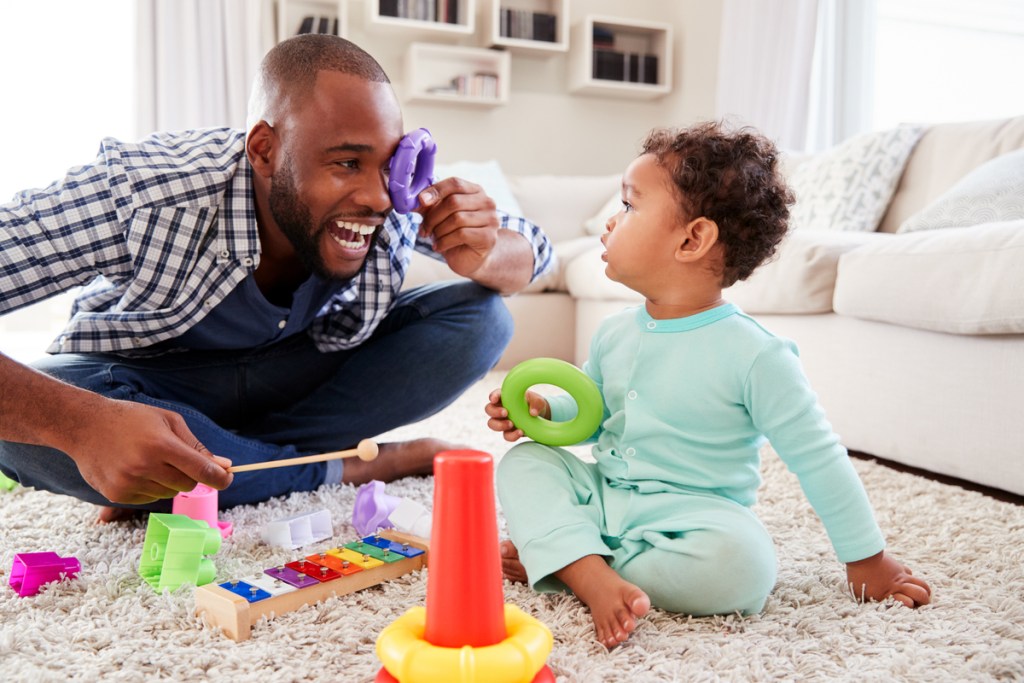
The emotional side of why your toddler is perfecting their aim
- If they can’t yet, this is their communication technique.
- If they are frustrated and don’t think anyone is listening to them, they are going to throw.
- If their needs aren’t being met and they’re confused, they will throw to get attention.
Your toddler could have a deeper meaning to why they are throwing than just wanting to figure out how gravity works. Jennifer Anderson, a registered dietician and founder of the website Kids Eat in Color, suggests there are many different reasons why kids throw food, and the main ones are boredom, fear, attention-seeking purposes, or out of confusion. Knowing which of these your toddler is experiencing will help determine how to get them to stop.
If your child isn’t talking yet, their frustration comes out as them throwing something. They aren’t trying to put a hole in the wall or break a toy, but they don’t know how else to get you to listen to them. If your child doesn’t feel like you are paying attention to them and they throw something, instead of getting angry at them, check yourself. Have you been on your phone? Are you paying attention to the TV? Your toddler wants you and knows throwing something will get you to turn you toward them.
The best news for parents who are being driven to insanity by a toddler throwing everything in sight is that, like every other stage, it’s a phase. By the time they’re 4 to 5 years old, the magical curiosity about throwing will wear off. If you happen to have a toddler who skips this step, remember that no one likes a bragger. But if you have a toddler who is training to join the MBL, know you aren’t alone. Prepare yourself as best as you can for that little arm and remember ways to try to keep your toddler’s mind off of what they want to throw next.

